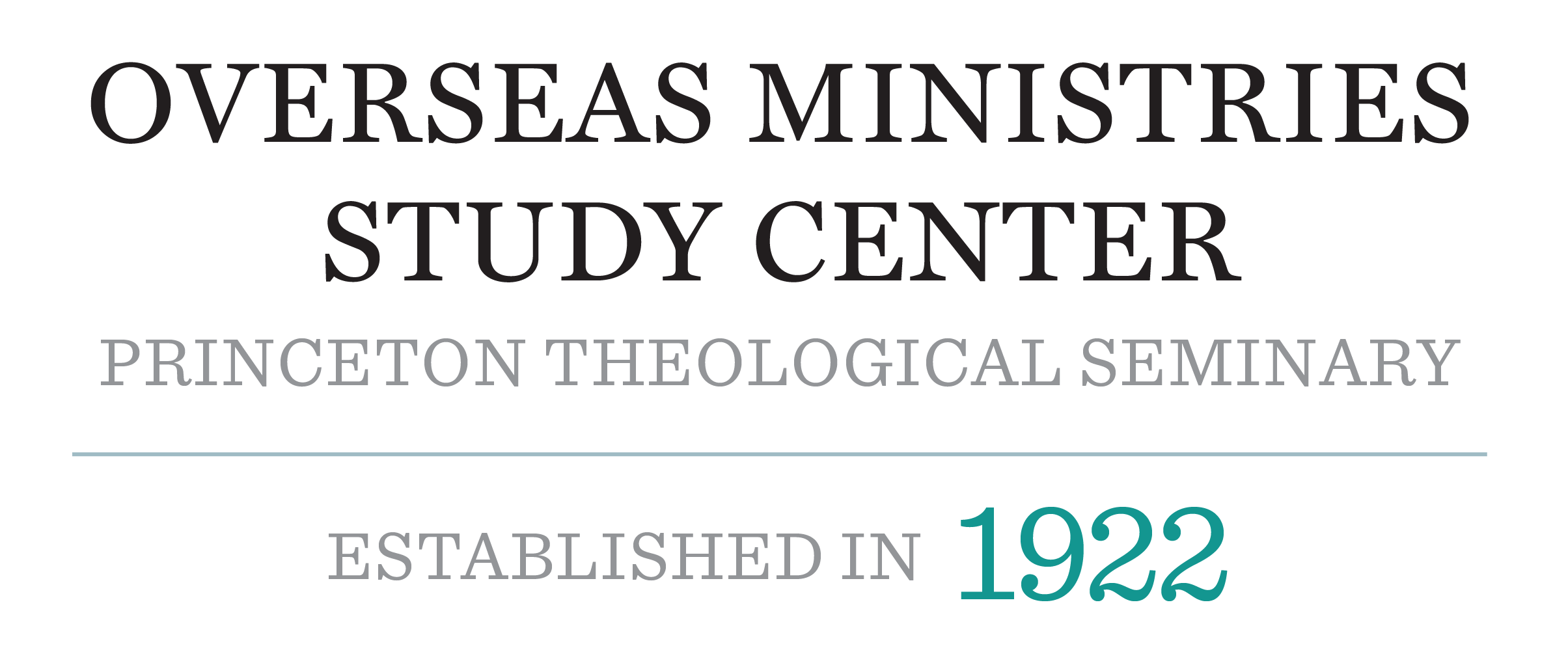By Todd Johnson – Co-Director – Center for the Study of Global Christianity
This post is part of The Occasional’s “Numbers and Trends” series, dedicated to sharing work, analysis, and perspectives from our friends and partners at the Center for the Study of Global Christianity based at Gordon-Conwell Theological Seminary.

As an academic discipline, World Christianity generally revolves around, though is not limited to, history, theology, and the social sciences. However, its broader context can place it in the burgeoning field of Global Studies, although it, too, is a relatively new field of study (since the 1990s). Global Studies is “the analysis of events, activities, ideas, processes, and flows that are transnational or that could affect all areas of the world” (Encyclopedia of Global Studies). The study of World Christianity emphasizes global unity and diversity, insisting on the equality and interconnectedness of its many forms around the world. In that way, it aligns nicely with Global Studies.
The phenomenon of World Christianity is well served by the academic study of the ‘global.’ According to Indiana University Professor of Political Science John McCormick, Global Studies has four important qualities.*
1) Global Studies are transnational, meaning that they are concerned with events, ideas, activities, and phenomena that are not limited by state boundaries. Likewise, identifying transnational ties in World Christianity is central to the field. For example, describing the spread of Christianity around the world via mission and indigenous agency demands a transnational lens, since Christian missionaries crossed cultures while indigenous people (mainly women) did the bulk of introducing others to the gospel. Migration studies are also key, such as Jehu Hanciles’ recent volume, Migration and the Making of Global Christianity (Eerdmans, 2021), which extensively details the importance of understanding Christianity, and its global spread, as a truly transnational affair. Both Global Studies and World Christianity require understanding individuals and peoples in multiple countries and in different organizations, all interacting across geopolitical boundaries.
2) Global Studies are integral, meaning that they are concerned more with what unites us than with what divides us, and with the way decisions are shaped and implemented at the global level. World Christianity is a globally diverse movement but Christians are united in faith, practice, and self-identification (i.e., all members call themselves Christians). For example, ecumenical work brings together Christians from many different countries and Christian traditions, such as the most recent gathering of the World Council of Churches 11th General Assembly in Karlsruhe, Germany. Representatives from the Pentecostal World Fellowship, the World Evangelical Alliance, and the Global Christian Forum recognized the importance of working with the WCC across theological boundaries, recognizing what they have in common to strengthen ecumenical work at the global level. The past 50 years have seen a plethora of conferences, compendiums, and other scholarship that document and analyze the unity and diversity of World Christianity.
3) Global Studies are inclusive, meaning that they are not interested in only one perspective or group of people, but work to engage with the perspectives of all humans. This, too, is core to World Christianity. Consider theological education, which is increasingly a global undertaking as Western forms are no longer considered standard. The growth of local history, theologizing, and research helps bolster our ability to understand Christianity from different cultural perspectives. Global Studies and World Christianity encourage us to emphasize equality and respect for other perspectives, while recognizing the gifts that various cultures bring to the study of scripture.
4) Global Studies are interdisciplinary, meaning that they look at the world from the perspective of multiple disciplines, including history, geography, sociology, anthropology, demography, science, technology, politics, law, and economics. The study of World Christianity employs multiple disciplines, as it seeks to adequately describe and analyze every aspect of human experience. Each discipline offers unique insights, which are often synthesized, pointing to creative and novel interpretations inaccessible to a single approach. See, for example, the chapter by theologian Kwok Pui-Lan and sociologist Gina A. Zurlo in World Christianity: History, Methodologies, Horizons (Orbis, 2021), “World Christianity and the Challenge of Interdisciplinarity.” They contend that many tools and insights are needed to truly understand the social, cultural, and religious phenomena of Christianity, and give examples of the interplay between sociology of religion, gender studies, and migration studies.
Scholars grapple with World Christianity’s overarching global identity that emphasizes both commonality and difference. How can one effectively study Christians in and through their thousands of languages and cultures, maintaining all the while their shared global awareness and common faith? Why not lean into Global Studies, with its emphasis on the transnational, integral, inclusive, and interdisciplinary? Considering World Christianity as a sibling discipline to Global Studies helps frame its methods, sources, and perspectives more broadly, provides new conversation partners, and encourages original developments in the field.
*John McCormick, Introduction to Global Studies (London: Macmillan, 2018), 5-6.



